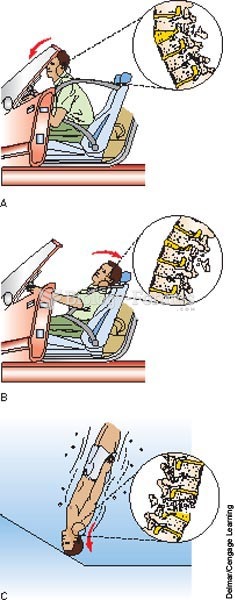|
|
|
Did you know?
After 5 years of being diagnosed with rheumatoid arthritis, one every three patients will no longer be able to work.
Did you know?
Approximately 25% of all reported medication errors result from some kind of name confusion.
Did you know?
Blood in the urine can be a sign of a kidney stone, glomerulonephritis, or other kidney problems.
Did you know?
The U.S. Preventive Services Task Force recommends that all women age 65 years of age or older should be screened with bone densitometry.
Did you know?
Women are 50% to 75% more likely than men to experience an adverse drug reaction.
 Multiple-dose drug administration: drug A and drug B are administered every 12 hours; drug B reaches
Multiple-dose drug administration: drug A and drug B are administered every 12 hours; drug B reaches
 Mujahideen in Afghanistan stand on top of a Soviet helicopter shot down with U.S.-supplied Stinger ...
Mujahideen in Afghanistan stand on top of a Soviet helicopter shot down with U.S.-supplied Stinger ...





